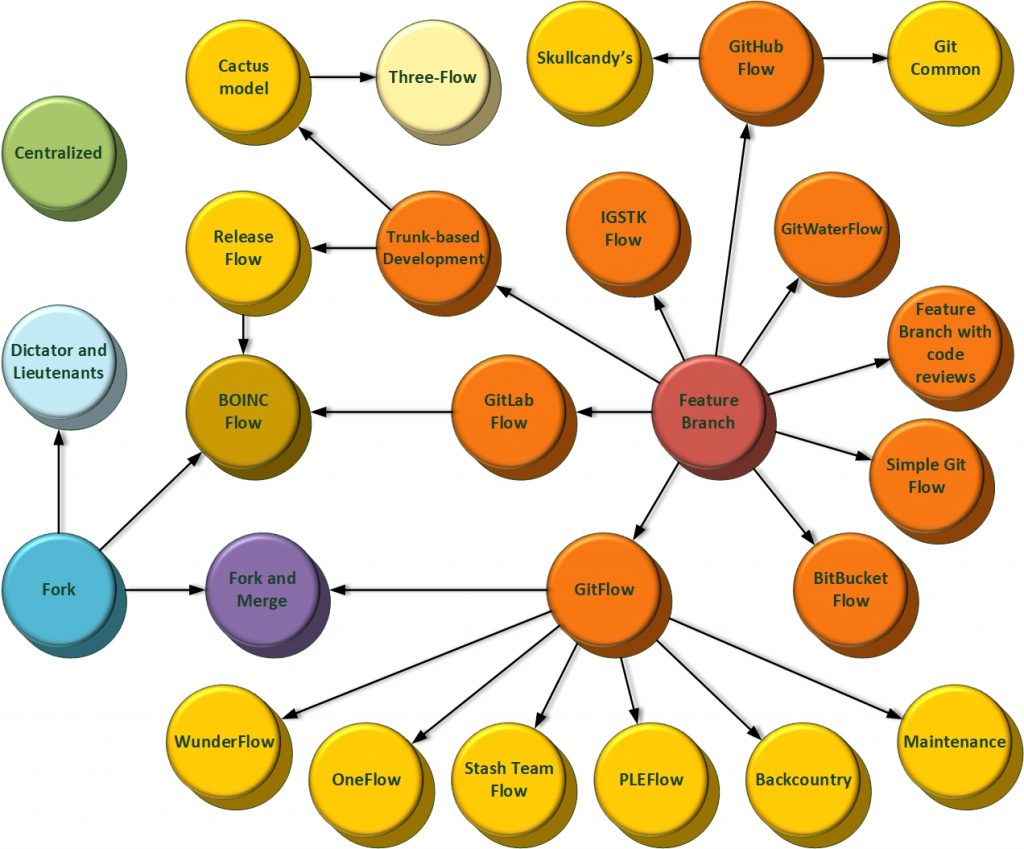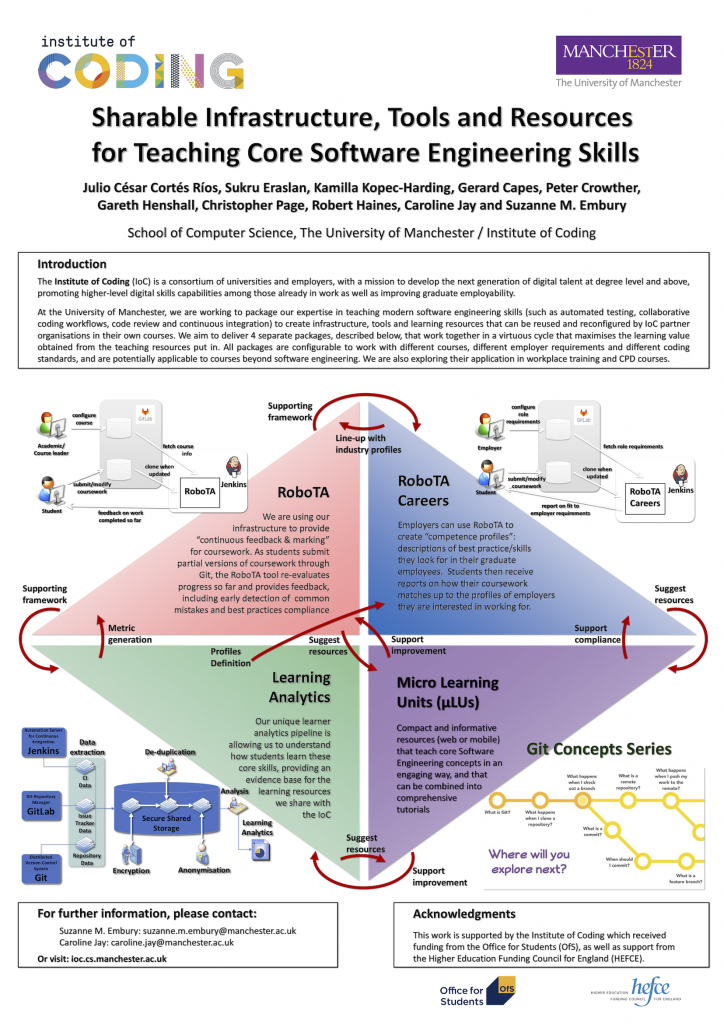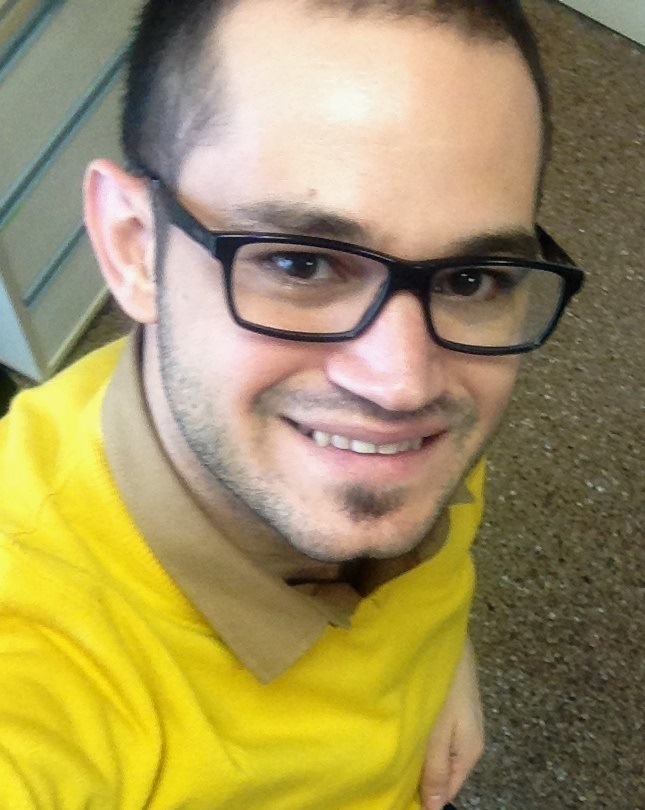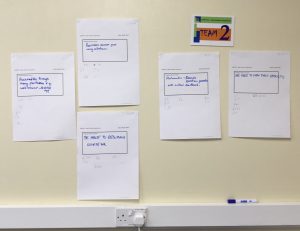Following up on our work with Git workflows, we have created a dedicated website to consolidate our progress on building a framework that can be used to characterise and compare Git workflows.
Supplementing our original scope, we are now trying to determine whether our proposed framework can be used to infer the relations between workflows to build a hierarchical diagram based on their characterisations, and compare the automatically-obtained relations with those stated in the workflows’ descriptions.






 Julio, Sukru and Suzanne recently attended the IoC annual conference in Manchester, where we presented
Julio, Sukru and Suzanne recently attended the IoC annual conference in Manchester, where we presented 

 We are pleased to welcome Julio Cesar Cortes Rios to the Manchester IoC team, as a post-doctoral research assistant. Julio is an experienced software architect and manager, who has worked on a range of projects, including fingerprint recognition and biometrics systems for the Mexican Government. He holds a BSc and an MSc in Computer Science from Universidad La Salle, Mexico, and a PhD in Computer Science from the University of Manchester.
We are pleased to welcome Julio Cesar Cortes Rios to the Manchester IoC team, as a post-doctoral research assistant. Julio is an experienced software architect and manager, who has worked on a range of projects, including fingerprint recognition and biometrics systems for the Mexican Government. He holds a BSc and an MSc in Computer Science from Universidad La Salle, Mexico, and a PhD in Computer Science from the University of Manchester.